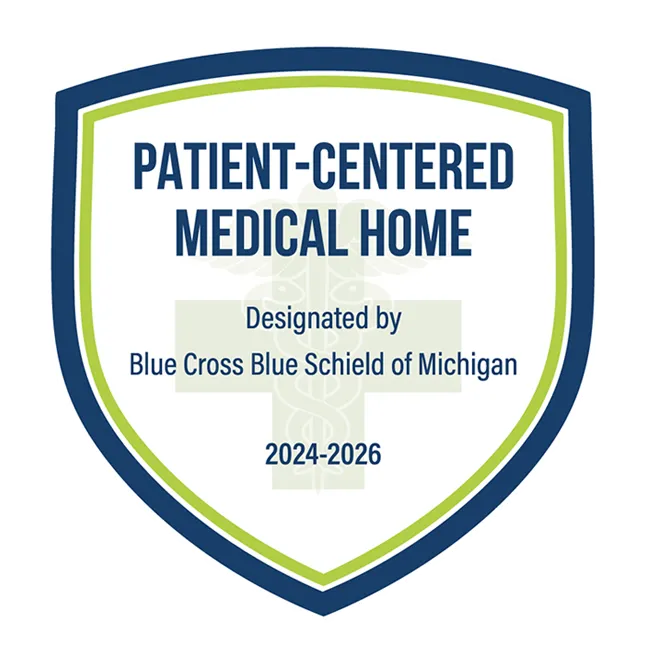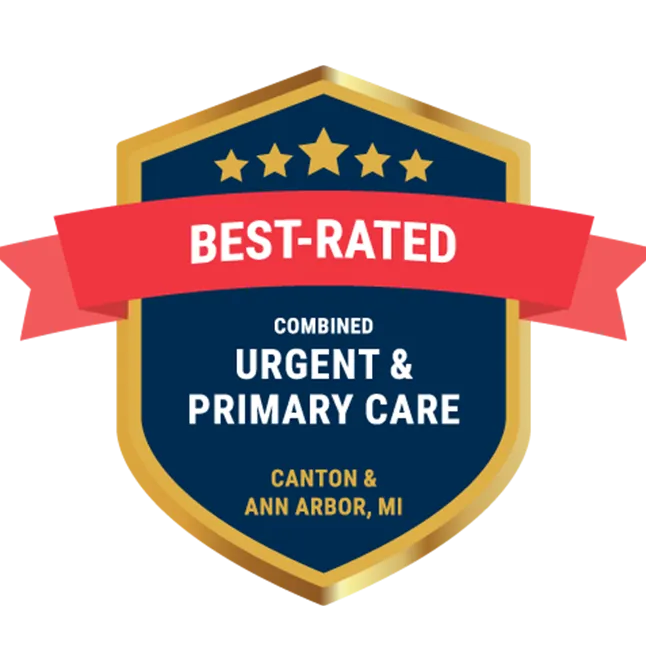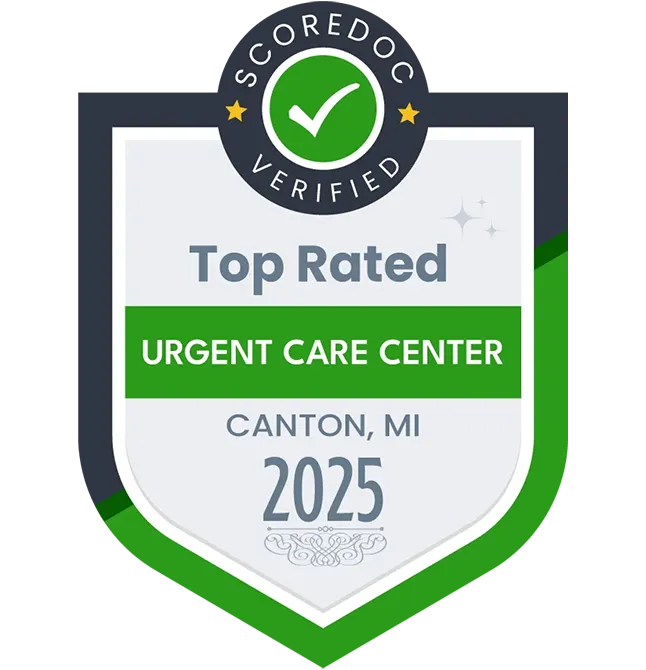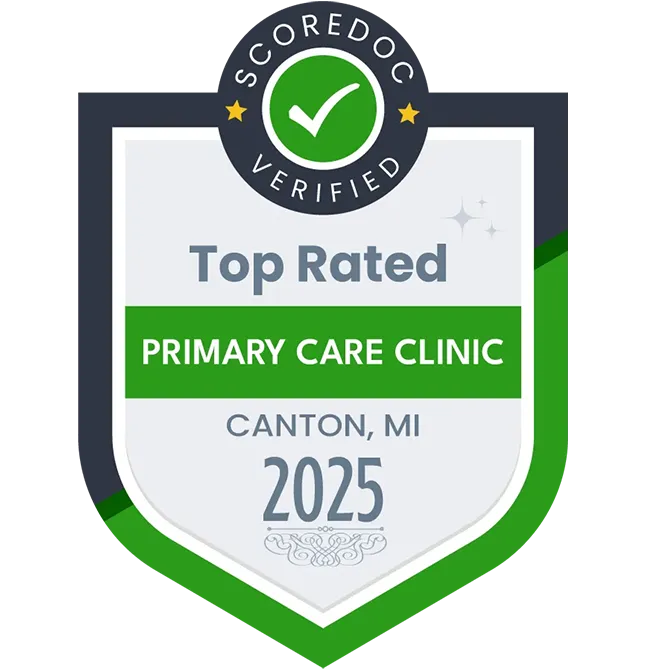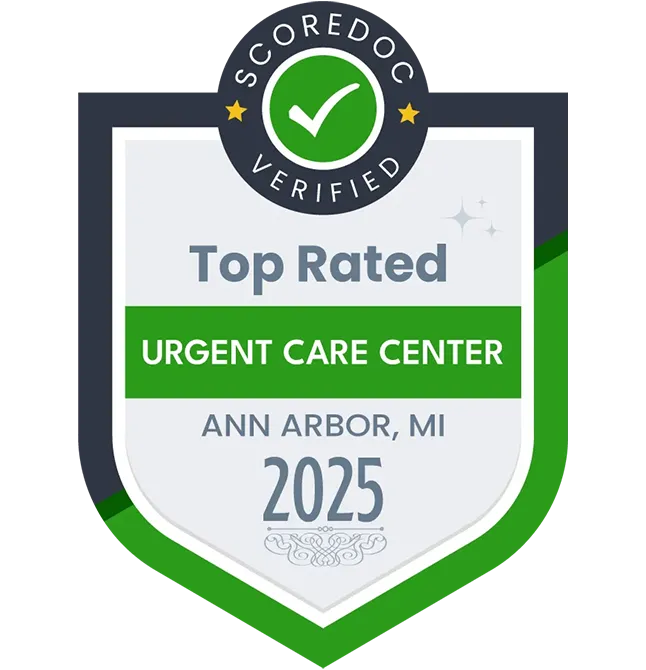

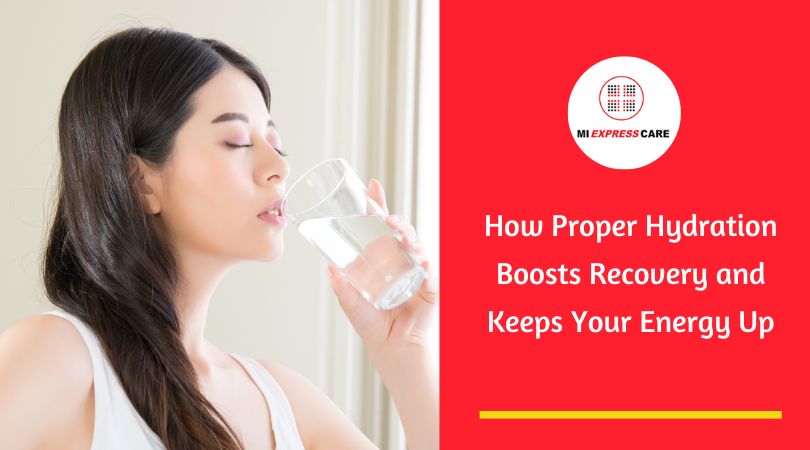
Hydration is often underestimated in discussions of health and wellness, yet it is fundamental to the body’s optimal functioning. Beyond alleviating thirst, proper hydration plays a critical role in muscle recovery, energy maintenance, and overall physiological health. Despite this, many individuals do not recognize the full impact of hydration on daily performance and recovery.
Explore the vital connection between hydration, energy levels, and recovery, including the benefits of intravenous hydration therapy.
Hydration encompasses more than the simple intake of water. Maintaining appropriate fluid balance supports critical physiological processes, including the regulation of electrolytes, cardiovascular stability, and cellular function.
Dehydration, even in mild forms, can compromise both physical and cognitive performance. Muscle function, endurance, and overall vitality may decline, while mental clarity and focus can be impaired. For individuals engaging in regular physical activity, inadequate hydration may delay muscle repair and increase susceptibility to fatigue and injury.
Fluids serve as the medium through which essential nutrients are transported to cells, metabolic waste is removed, and tissues are repaired. Electrolytes such as sodium, potassium, and magnesium are vital for muscle contraction, nerve conduction, and tissue recovery.
Intravenous hydration therapy represents an advanced approach to recovery. By delivering fluids and nutrients directly into the bloodstream, IV therapy ensures rapid absorption and optimal replenishment. This method is particularly beneficial for individuals experiencing significant fatigue, dehydration from illness, or strenuous physical exertion, as it supports muscle recovery and overall cellular function more efficiently than oral hydration alone.
Hydration is directly linked to energy levels and cognitive performance. Even mild dehydration can produce symptoms akin to fatigue, including reduced alertness, slower reaction times, and decreased endurance.
Daily routines often contribute to insufficient hydration: prolonged periods without water, excessive caffeine consumption, and physical exertion without adequate fluid replacement. Maintaining proper hydration supports sustained focus, stamina, and overall energy throughout the day.
While oral water intake is sufficient for most individuals, certain circumstances necessitate additional intervention. Conditions such as heat exhaustion, acute illness, prolonged exercise, or travel-related dehydration may exceed the body’s ability to restore fluid balance through water alone.
IV hydration therapy offers a clinically effective solution in such scenarios. By providing fluids, electrolytes, and essential vitamins directly into the circulatory system, IV therapy facilitates rapid restoration of hydration and nutrient balance, supporting faster recovery and improved physiological function.
Consistent hydration can be supported through several evidence-based practices:
Carry water throughout the day: Small, frequent intakes are more effective than occasional large volumes.
Consume hydrating foods: Fruits and vegetables with high water content, such as cucumbers, watermelon, and citrus fruits, contribute to fluid balance.
Moderate alcohol and caffeine consumption: Both substances can exacerbate fluid loss.
Utilize reminders or tracking applications: Digital tools can promote consistent hydration practices.
Implementing these measures supports both energy maintenance and recovery, enhancing overall health outcomes.
Persistent dehydration or fatigue warrants professional evaluation. Warning signs include pronounced dizziness, persistent dry mouth, dark-colored urine, and chronic fatigue.
IV hydration therapy may be indicated in such cases, providing safe and efficient restoration of fluids and essential nutrients.
At MI Express Primary Care, IV hydration services are administered under medical supervision to ensure effective recovery and enhanced energy levels, whether following illness, physical exertion, or dehydration.
Proper hydration is integral to physiological function, recovery, and energy maintenance. By supporting muscle repair, optimizing cognitive performance, and enhancing overall wellness, hydration serves as a foundation for health.
Whether through consistent oral intake of fluids and hydrating foods or through clinically supervised IV hydration therapy, maintaining adequate hydration is essential for achieving optimal recovery and sustaining energy throughout the day.
Proper hydration is key to maintaining energy, focus, and physical performance. MI Express Primary Care provides professional IV hydration therapy to restore fluids, electrolytes, and essential nutrients safely and effectively.
Schedule your session now and experience the benefits of professional hydration therapy.
Signs of dehydration include dry mouth, dizziness, dark urine, fatigue, headaches, and reduced focus. Mild dehydration can affect energy and performance even without thirst.
IV hydration delivers fluids, electrolytes, and vitamins directly into the bloodstream, helping restore balance, reduce fatigue, and support faster recovery after travel or jet lag.
When administered by medical professionals, IV hydration is generally safe for most individuals, including athletes and older adults, with adjustments based on individual health needs.
Frequency depends on individual factors such as activity, hydration status, and health goals. A healthcare provider can create a personalized schedule for optimal benefits.
IV hydration drips commonly include electrolytes like sodium, potassium, magnesium, along with vitamins such as B-complex and vitamin C to support hydration and recovery.
